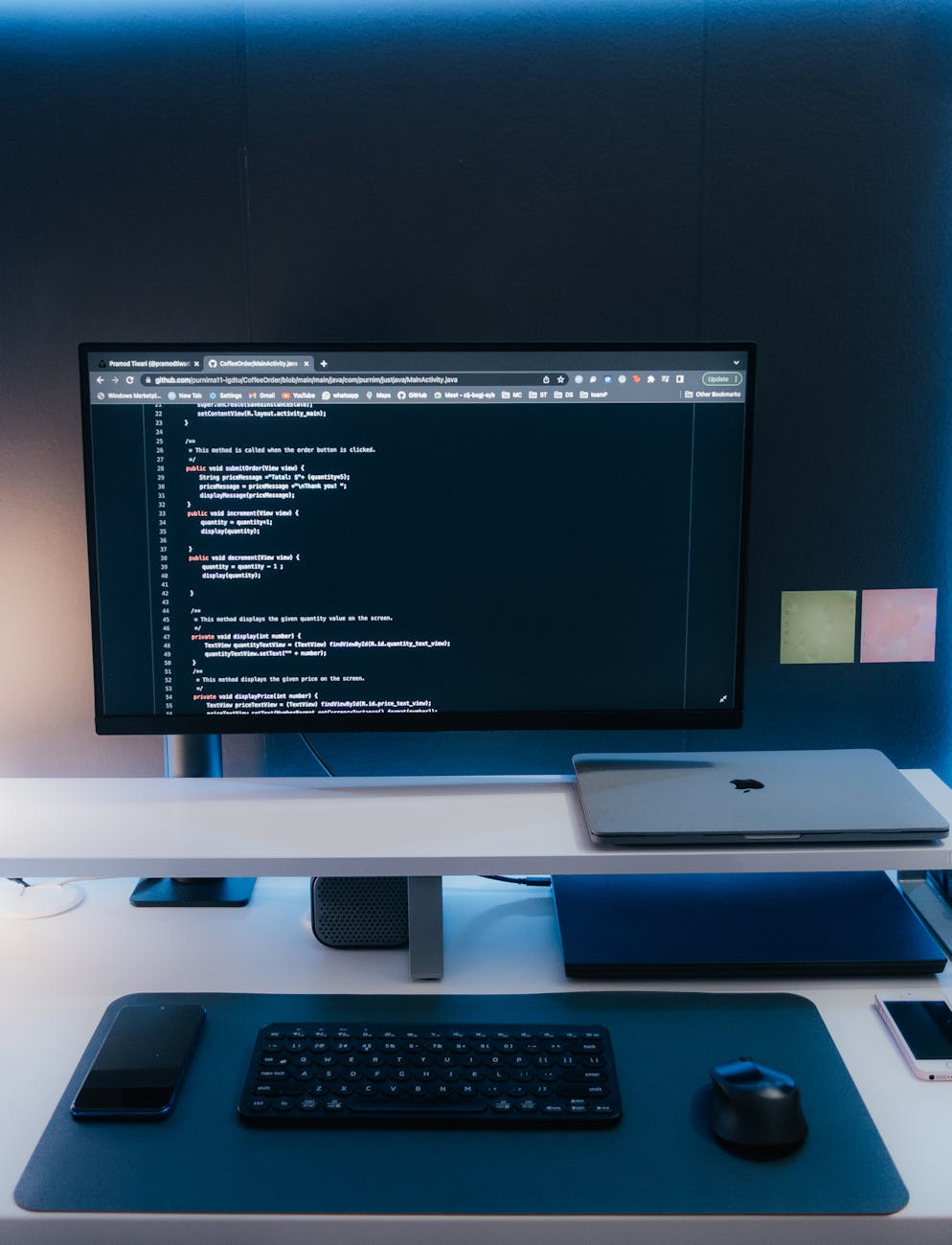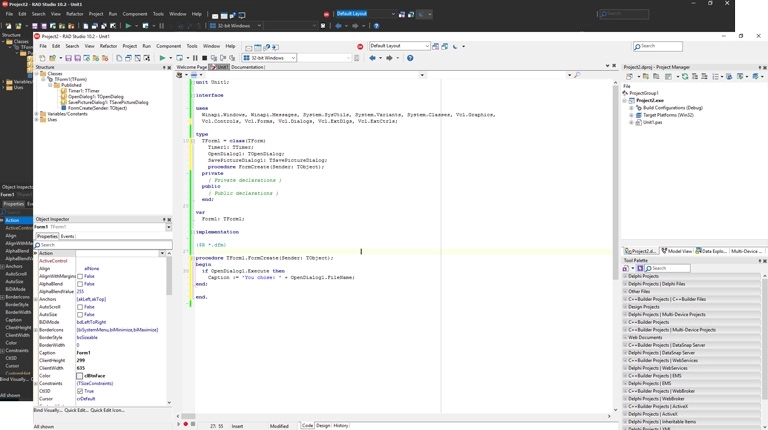Why Communication is the Programmer’s Secret Weapon
Sure, programmers often get stereotyped as introspective code wizards, content to tap away in dimly lit basements and converse only in cryptic binary. But the truth is, communication is the secret weapon in any programmer’s arsenal. While writing clean, efficient code is a must, it’s only half the story. The ability to explain those lines of code, collaborate with others, and translate technical jargon into plain English is what separates the good from the great.
From Lone Wolf to Team Player
Let’s face it, modern software development is a team sport. Programmers rarely work in isolation. They’re shoulder-to-shoulder with designers, product managers, and other developers, all working towards a common goal. This is where communication shines.
- Breaking Down the Jargon Barrier: Imagine explaining a complex feature to a client who doesn’t speak code. Effective communicators can bridge this gap. They can take those fancy technical terms and translate them into clear, concise language. This ensures everyone understands the project’s purpose, its features, and any potential roadblocks. With everyone on the same page, valuable ideas flow freely, and the team gels into a well-oiled machine.
- Finding Common Ground: Collaboration inevitably leads to discussions, and sometimes, disagreements. Strong communication skills allow programmers to champion their ideas while also being open to other perspectives. By clearly expressing their thoughts and being receptive to others’, they can find common ground and reach decisions that move the project forward efficiently.
Building on a Solid Foundation
The cornerstone of any successful software project is a clear understanding of what needs to be built. This is where programmers take the often-ambiguous needs of stakeholders and translate them into actionable technical specifications.
- Active Listening is Your Superpower: Effective communication starts with being an active listener. Programmers need to be masters of gathering information, asking clarifying questions, and identifying any missing pieces in the puzzle. This ensures they’re building what the user truly needs, not just what they think they need.
- Documentation: Your Legacy Clear and concise documentation is a gift that keeps on giving. Programmers need to document design decisions, code structure, and functionalities in a way that’s understandable not just to themselves, but also to future developers who might inherit the codebase.
Fewer Bugs, Smoother Sailing
Communication can be a bug squasher extraordinaire. Clear communication can significantly reduce the number of bugs encountered during development.
- Problem Definition: From Mystery to Clarity A significant chunk of debugging time goes into understanding the nature of the problem itself. Programmers who can effectively communicate issues with other developers, testers, or stakeholders can save valuable time by clearly describing the bug’s symptoms, potential causes, and any troubleshooting steps already taken.
- The Power of Teamwork: Effective communication fosters a collaborative debugging environment. By openly sharing ideas and approaches, developers can leverage the collective knowledge of the team to identify and resolve issues faster. Think of it as a bug-hunting dream team!
Building Trust and Strong Bonds
Communication goes beyond technical specs and bug reports. It’s about building trust and rapport with colleagues and stakeholders.
- Setting Expectations: Honesty is the Best Policy Programmers need to be able to clearly communicate timelines, potential roadblocks, and project limitations. This transparency builds trust and prevents unrealistic expectations from stakeholders. Nobody likes surprises, especially when it comes to deadlines!
- Keeping Everyone in the Loop: Stakeholders appreciate being informed of progress, challenges, and upcoming milestones. This allows for course correction if needed and keeps everyone invested in the project’s trajectory. Regular updates are like progress reports for your project’s journey.
Communication Beyond Words
While verbal and written communication are essential, programmers shouldn’t underestimate the power of nonverbal communication.
- Active Listening: Body Language Matters Too It’s not just about what you say, it’s also about how you say it. Body language and facial expressions can convey a lot. Maintaining eye contact, nodding in acknowledgment, and asking clarifying questions demonstrate attentiveness and understanding.
- Projecting Confidence: Speak Up and Be Heard Open postures, confident eye contact, and a genuine smile project an approachable and professional demeanor. These nonverbal cues show you’re comfortable in your own skin and ready to tackle any communication challenge.
Sharpening Your Communication Arsenal
The good news is that communication skills can be learned and honed. Here are a few tips for programmers:
- Practice Active Listening: Pay close attention to what others are saying, ask clarifying questions, and summarize key points to ensure understanding.
- Write Clearly, Write Concisely: Strive for clarity, conciseness, and proper grammar in your written documentation





Leave a comment